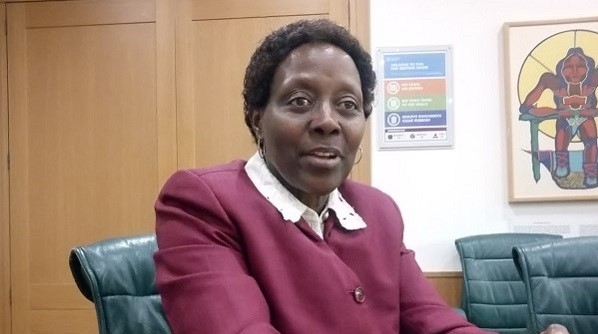On its 11th anniversary, the Nagoya Protocol on Access to Genetic Resources and the Fair and Equitable Sharing of Benefits Arising from their Utilisation to the Convention on Biological Diversity remains as relevant as ever, says the Convention.

Adopted on October 29, 2010 in Nagoya, Japan and came in force since October 12, 2014, the Nagoya Protocol is a momentous international environmental agreement which embodies a commitment to fairer and more equitable relationships around the use of genetic resources, and the use of the associated traditional knowledge held by indigenous peoples and local communities.
“As we develop the post-2020 global biodiversity framework,” said Elizabeth Maruma Mrema, Executive Secretary of the Convention on Biological Diversity (CBD), “the spirit and principles of the Nagoya Protocol will remain critically relevant in the upcoming discussions and will play a key role in the successful achievement of not only Goal C and Target 13, which address access and benefit-sharing in the draft framework, but also in the contribution it makes towards the sustainable use and conservation of our planet’s biodiversity.”
“The Nagoya Protocol can serve as a vehicle for sustained positive change and transformation as we strive to achieve our 2050 vision of living in harmony with nature. Therefore, it is important that more countries ratify the Protocol so that we may all reach, and achieve, a sustained future for the planet and humanity,” she added.
The Nagoya Protocol and the principles it embodies will play a key role in making the post-2020 framework truly transformational, change our relationship with nature, and ensure that we all benefit fairly and equitably from the use of biodiversity.
To date, 132 Parties to the CBD have ratified, accepted, approved, or acceded to the Nagoya Protocol.
Robust, pragmatic, and efficient access and benefit-sharing (ABS) measures can help make value chains more ethical and sustainable, so that countries and indigenous peoples and local communities continue to be informed and compensated appropriately when their resources or knowledge are used, for instance, to develop commercial products.
The Protocol is said to be the first legal treaty to establish that traditional knowledge associated with genetic resources should be accessed with the prior informed consent of indigenous peoples and local communities. Thus, it ushered in the need to consider fairness and equity towards all societal stakeholders in the conservation, use and benefit-sharing from biodiversity, including the environment.
Parties, as well as non-Parties, have made considerable progress in putting in place ABS frameworks. To date, 68 countries have published ABS measures in the ABS Clearing-House and 23 countries have published over 3105 internationally recognised certificates of compliance (which translates to 3,105 cases in which resources or knowledge were accessed in accordance with the Nagoya Protocol or prior informed consent/mutually agreed terms (PIC/MAT), with these numbers increasing every day.
